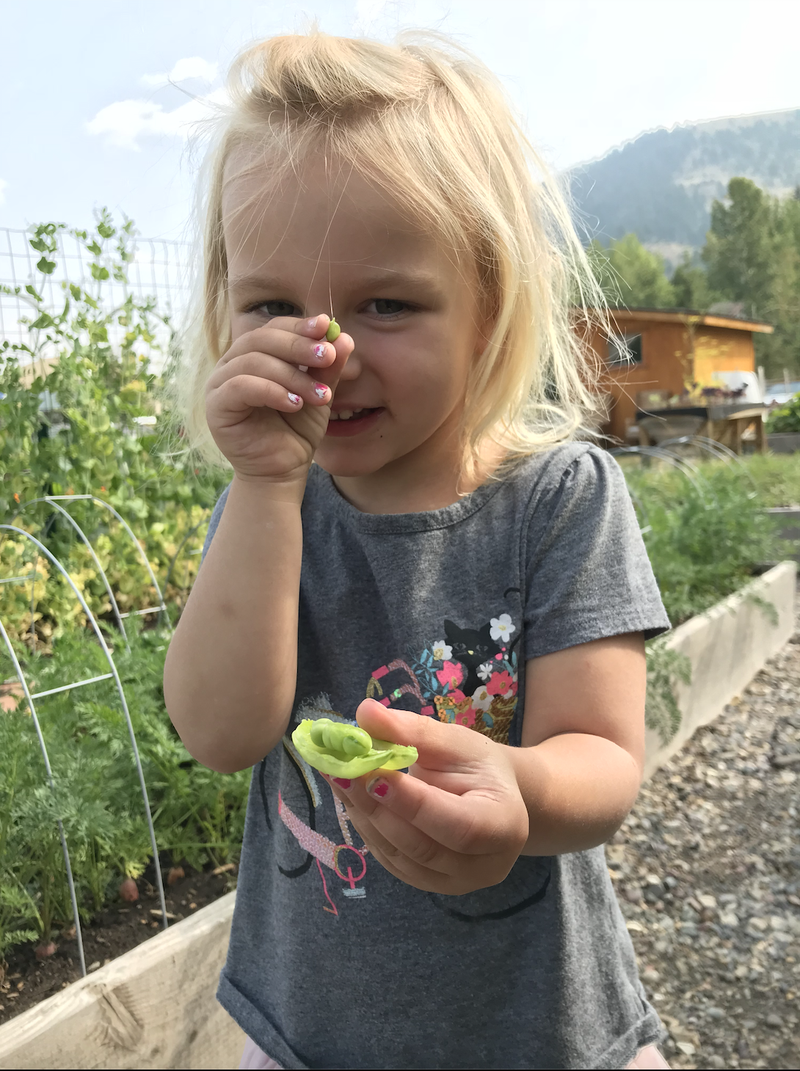Prioritizing Practical Skills For Your Children
Published on April 24, 2020 - Updated on April 28, 2020
Take The Extra Time at Home to Share Lessons For Daily Life
Every parent realizes at some point that teaching a child a new task or specific concept is overdue. The child may have made a sudden developmental leap and are prepared to learn something that was beyond their grasp just months or even weeks ago.
Alternatively, we may have lacked the necessary time to teach when the task presented itself, despite wanting to share the knowledge with our children. There is also the possibility that we occasionally forget that many practical skills are not addressed in the classroom.
Now is an ideal time, so seize your chance!! A wonderful silver lining to physical distancing is the additional time you have with your child. For the time being, it’s acceptable to let academic learning take a back seat to life skills. Learning to tie their shoes is a great example, and it will provide them with greater independence and confidence.
We have compiled a list of lessons in aptitude that will also contribute to your child’s overall self-esteem.

Healthy Nutrition
When the topic of nutrition comes up we quickly explain that their little bodies need healthy foods to grow. We often highlight what is important to them, such as being stronger, healthier, smarter or better at lacrosse. Perhaps we even go a bit further by saying that carrots are good for your eyes, or milk makes your bones strong.
In terms of a real nutritional education, they may be more ready than you realize to begin to digest the nuances of a balanced diet. Both of my preschoolers’ eyes went wide when I brought up Choose My Plate (the updated version of the Food Pyramid) online and engaged them with this simple concept. This is a great place to start, or there are actual plates you can purchase for them to use at home!

Gardening
There are few activities for which the direct benefits are as diverse as gardening for children and parents alike. Preparing for, planting and maintaining a garden increases the intake of fresh air, builds strength, increases flexibility and exercises the mind and body. Contact with nature in this way both grounds your child and is good for the environment.
The process of gardening teaches responsibility, patience and a sense of accomplishment. Additionally, children learn so much about nature, science and math, when preparing their garden, and it is also the perfect way to follow up on lessons in balanced nutrition. Check out “Basic Tips For Building A Family Garden” to get started.

Environmental Awareness
An excellent way to source free organic matter with natural nutrients to nurture your garden is through composting. Composting takes biodegradable food and yard waste and breaks it down by natural environmental processes. The materials can be reused to strengthen your soil for the benefit of your plants as well as contribute to an overall healthier planet by producing less waste.
Teaching your children this process in conjunction with gardening will motivate them because of their desire to grow a more successful garden. In addition, by considering what breaks down easily kids can begin to assess their relationship with waste, which will quickly raise them to a higher level of global consciousness.
The Power of Giving
Supporting your community is an effective way to bring a family together and elevate your spirits. Fortunately, physical distancing does not eliminate all potential opportunities for public service, and acts of kindness are an easy way to help those around you while keeping your family engaged.
There are many simple ways your family can have a meaningful impact on those around you, including first responders, health care workers, essential employees and vulnerable members of your community. We see this challenging time as a prime opportunity to further teach your children the value of kindness. Find creative ideas in “Spreading Kindness During Physical Distancing.”
Navigating the World Around You
One of the best remaining ways for us to get out of the house with our children is to seek out healthy opportunities for exercise. Hiking and walks in nature are excellent options. For more information on hitting the trails safely, please check out Ten Tips For Hiking Responsibly in the Days of COVID-19. In addition to the valuable exercise, hiking in nature can provide a dual purpose.
With GPS technology at our fingertips, it is easy to underestimate the importance of reading a map, but both map reading and navigation are valuable tools. Trail maps are available to print at home on many park websites, so head out on a hike with a map in hand, as well as a navigational resource such as Map My Walk, so they can gain experience with both. If trails aren’t an option, just take a walk around the neighborhood instead!
Basic Techniques in the Kitchen
Baking with your children can be time-consuming, so it’s not always an option on a school night or after a fun filled day of adventure. With more time at home nesting, it is an ideal outlet for some family bonding. A reward based activity, baking is also fun. Blast your favorite tunes and you are paving the way for an impromptu dance party.
There is a lot of creativity involved in baking, and also great learning opportunities. Taking accurate measurements, and learning techniques for success in the kitchen will remain with your children throughout their lives. I still employ the tips my grandmother passed along to me in her kitchen many years ago, and I’m truly grateful for both the knowledge and the precious memories of this time together.

The Value of Money and Saving
You may not be able to bring your kids to the bank at the moment, but there are many ways to educate them about the value of money and saving within the confines of your home. Of course, start with the basics! Teach them the values of different coins and bills. Take the extra time at home to implement a chore system so you can introduce financial rewards or even allowances if you feel they are ready.
Encourage them to put the majority of the money they earn in a piggy bank and brainstorm financial goals they can achieve with hard work and long-term saving. Minor goal development is also healthy. Invite your child to put a small amount in a separate place with a manageable savings goal in mind. Once they reach that goal they will earn a tangible achievement, furthering their understanding of the value of money and the rewards of saving.
Performing Chores Efficiently

In partnership with lessons in the value of money, it is an ideal time to expose your children to age-appropriate housekeeping jobs. We often don’t require our kids to contribute at the level they are capable of, because when life is “normal” we don’t have the necessary time at home for them to perform additional tasks at their own pace. Allowing them to practice now, will lead to more efficiency once time at home is once again an issue.
Demonstrate a new chore every few days. From laundry related tasks to emptying the dishwasher, changing sheets, taking out the trash, emptying and wiping cabinets, making grocery lists or simply purging clothes that no longer fit, there are helpful chores for kids of all ages. They may even be extra motivated to perform tasks effectively when there is a potential for a little more cash in their piggy banks.
We have a lot more time at home right now and are excited to use it in memorable ways. Teaching life skills is a bonding moment for children and parents, and the opportunity to do it with greater patience is a gift. Exposing them to tools for daily life in a meaningful way will help develop their self-esteem and simultaneously enhance their appreciation for the world around them.
Additionally, increasing their capabilities will help avert feelings of hesitation when they are reentering the world after this period of physical distancing. In fact, your children will likely be eager to return to the classroom to exercise their new life skills and share their development with their peers.
In turn, your invested time will be paid back tenfold when life goes back to normal and you are constantly on the go once again. Instead of letting the laundry pile back up, you will have the option to delegate more successfully and activate your little army to help lighten the load.
What practical skills are you working on at home? We look forward to hearing from you at share@happyly.com.
We welcome you to check out our blog for more inspiration from a list of Things That Aren’t Cancelled, live vicariously through writer Colin Boyd in Climb Mountains: A Right Of Passage or follow our list of May Weeknight Meal Plans to keep it creative in the kitchen.
Also, please take a moment to explore this week’s happyly Survival Toolbox, including our Daily Schedule designed to create positive days at home with your family. As always, we love seeing your family's highlights! Tag us on Instagram @gethappyly!